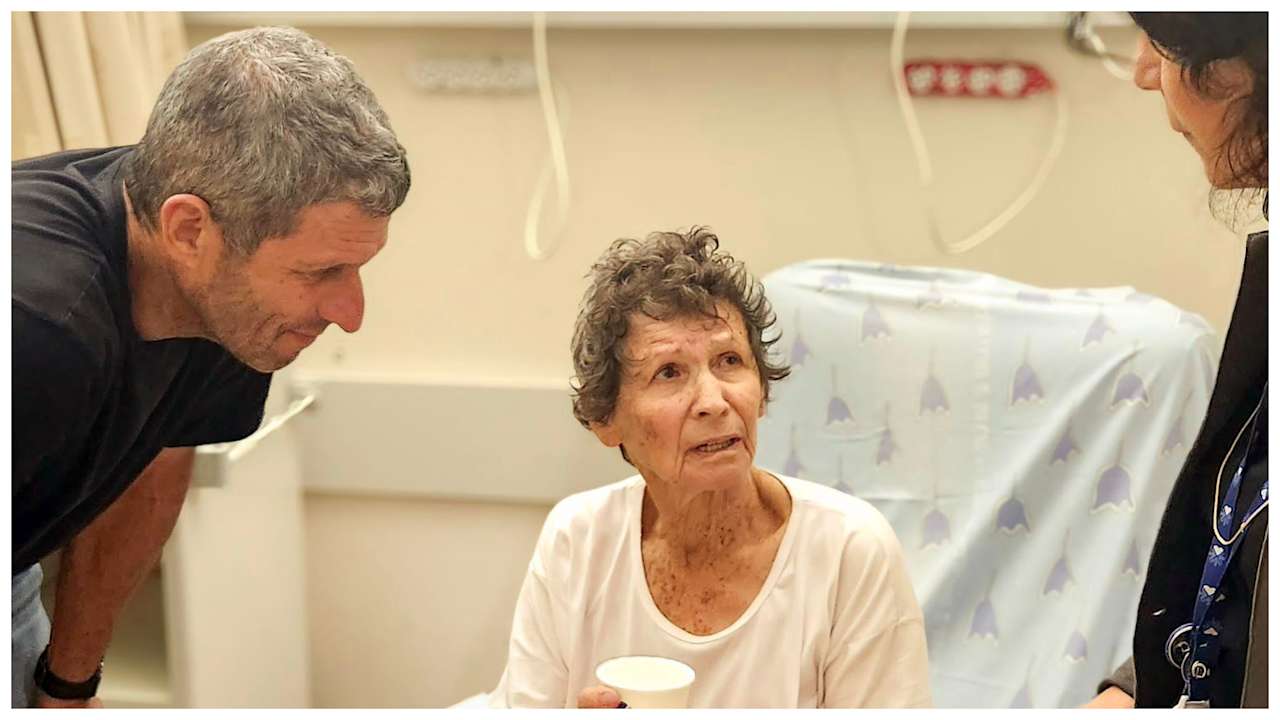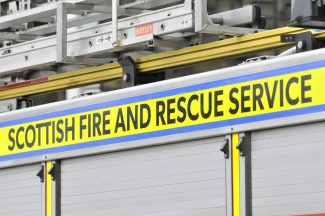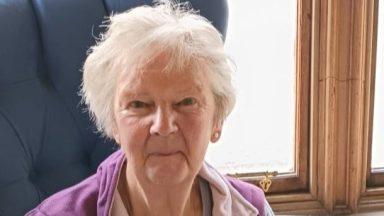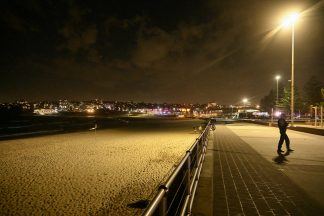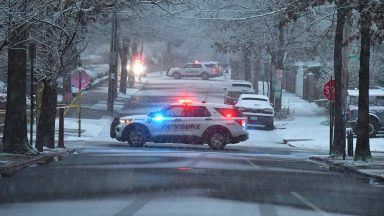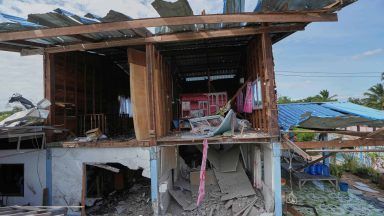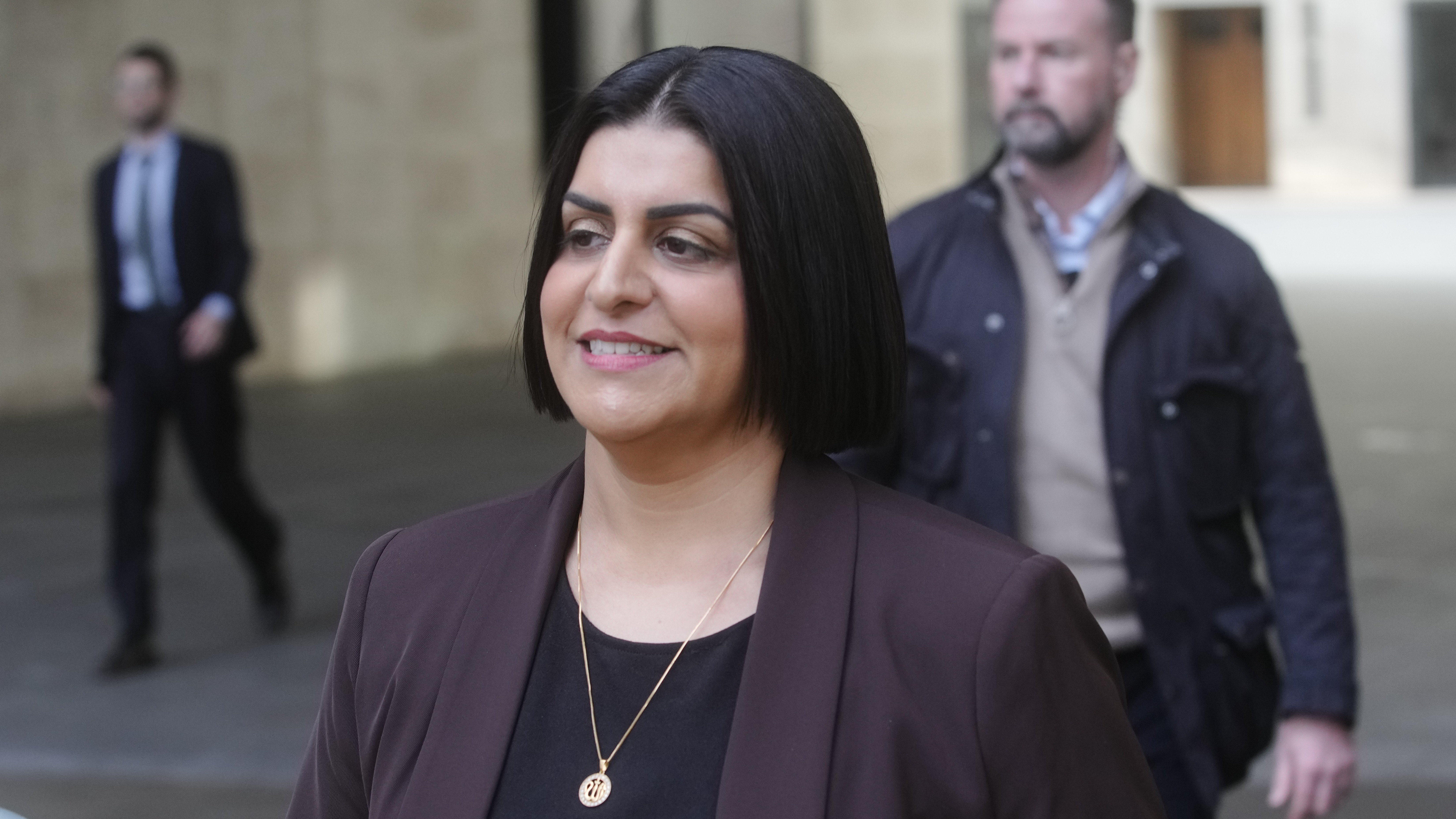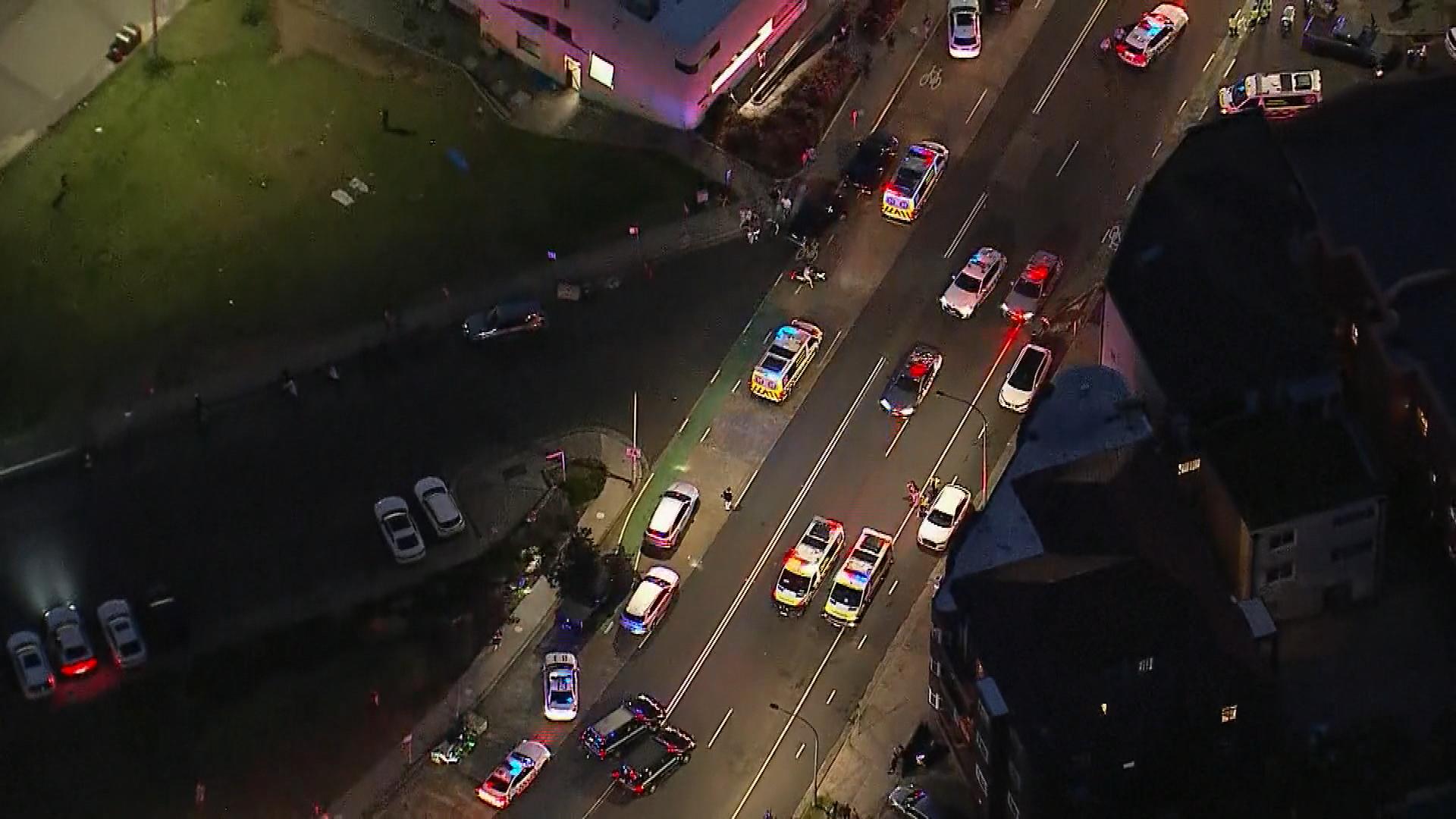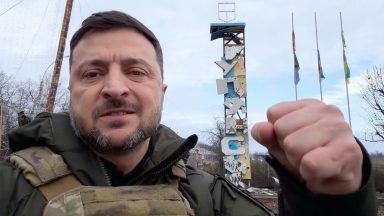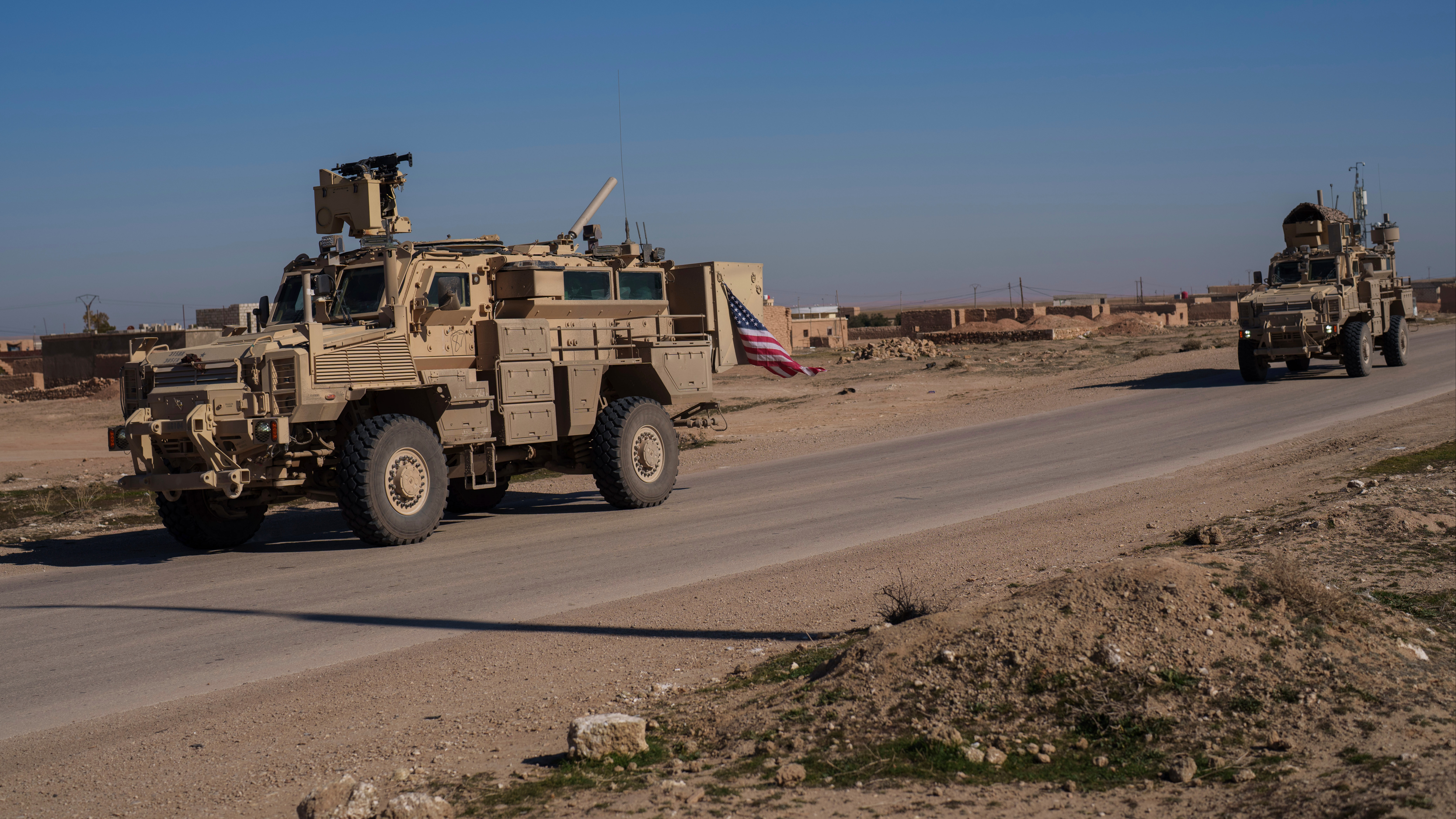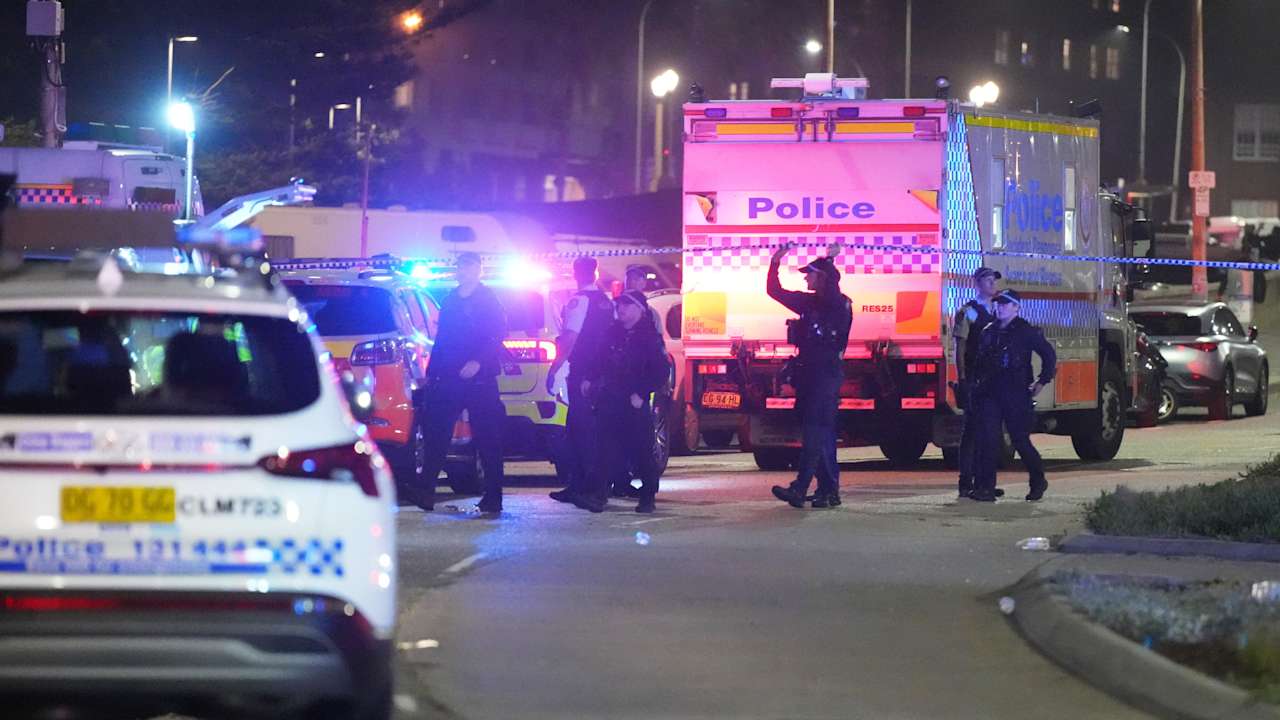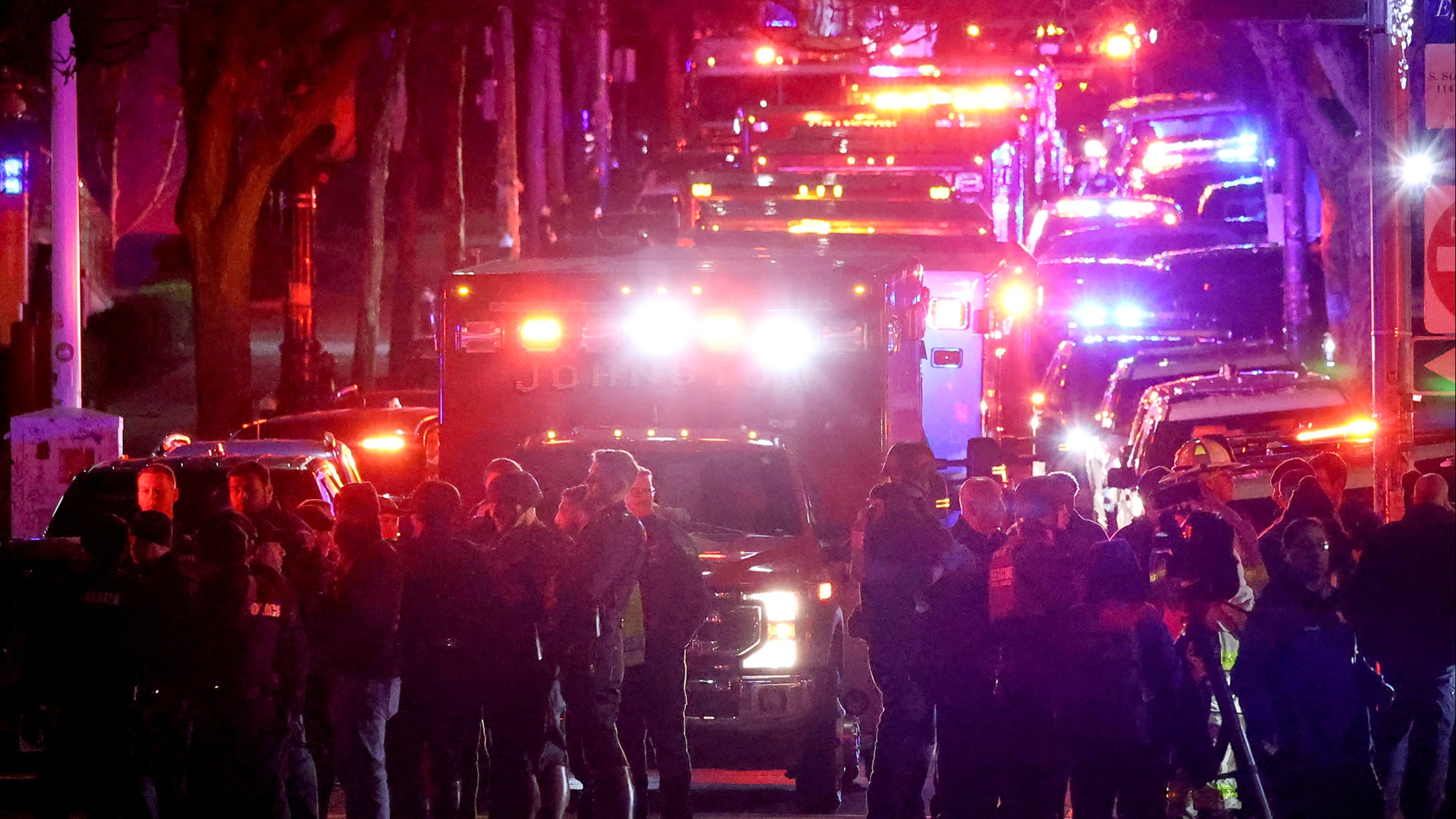- Two elderly women have been released by Hamas and are being monitored overnight in a Tel Aviv hospital following an emotional reunion with their family.
- The Israel Defense Forces (IDF) says it struck over 400 ‘terrorist’ targets in Gaza across the past 24 hours, including Hamas tunnels and a mosque.
- French President Emmanuel Macron landed in Israel this morning for talks with Israeli leaders, as the EU calls for a ceasefire.
- The death toll in Gaza has now surpassed 5,000, while more than 1,400 people in Israel have been killed, according to respective officials.
Two women who were freed from Hamas custody have had an “emotional reunion” with their families, as Israel’s relentless bombing campaign continued to strike 400 targets.
In the early hours of Tuesday morning, Israeli citizens Nurit Cooper, 79, and Yocheved Lifschitz, 85, were greeted by their loved ones at Tel Aviv Ichilov hospital after spending two weeks in captivity.
“They look OK. Their medical condition is OK. They’re talking,” Tel Aviv’s hospital’s head nurse Eti Uziel said in a video released by the hospital shortly after the arrival of the two women.
Mrs Cooper and Mrs Lifschitz are being monitored overnight at the hospital ahead of a “comprehensive physical examination.”
“They will stay with us tonight and tomorrow,” Uziel continued, “Right now for them and for the family members, it is a very, very emotional situation and we are happy that they are here with us.”
The pair, along with their husbands, were taken from their homes in the kibbutz of Nir Oz near the Gaza border during Hamas’ October 7 rampage.
On Monday, Hamas shared a video showing the handover before publishing a statement citing “humanitarian reasons and poor health conditions” as the motive for the release.
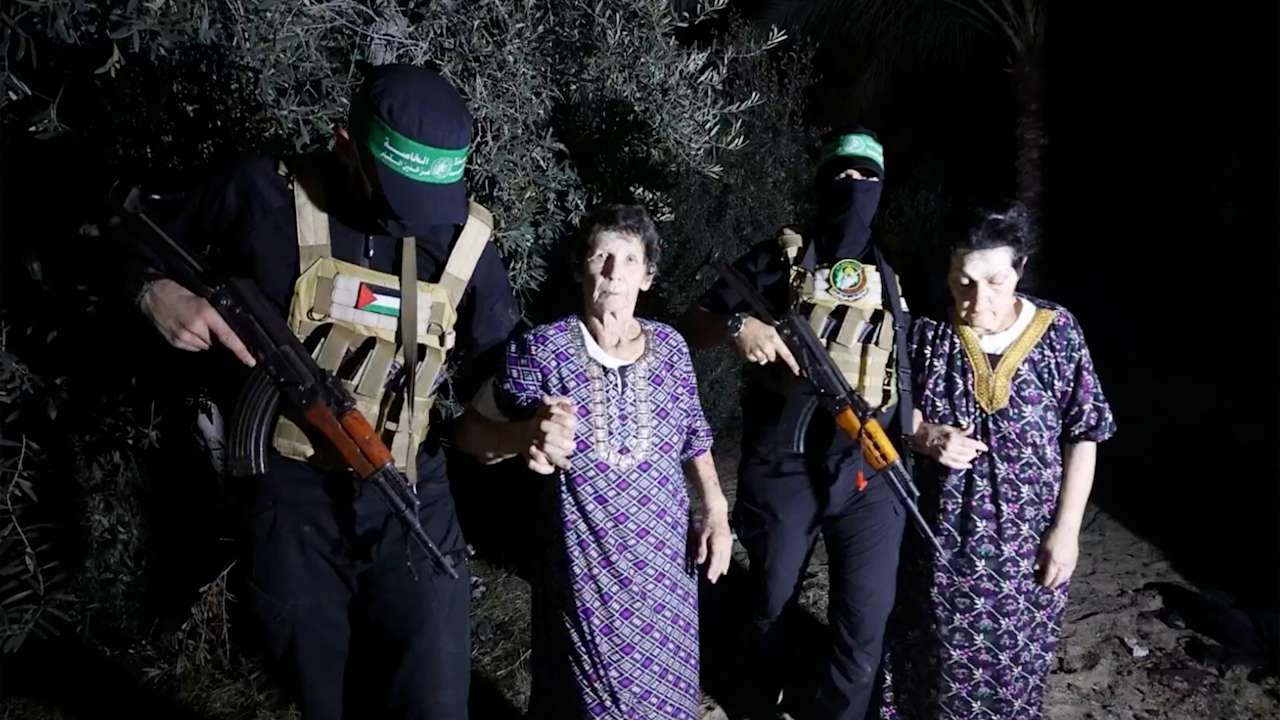
Their husbands, ages 83 and 84, were not freed.
Sharone Lifschitz, Mrs Lifschitz daughter, said in a statement: “While I cannot put into words the relief that she is now safe, I will remain focused on securing the release of my father and all those — some 200 innocent people — who remain hostages in Gaza.”
Hamas apparently received nothing in exchange for the release of the two hostages, who were freed days after an American woman and her teenage daughter were also handed over.
The group is allegedly holding an estimated 220 people, including an unconfirmed number of foreigners and dual citizens.
Is Israel still striking Gaza?
In a statement posted to X, the Israel Defense Forces (IDF) says it struck over 400 ‘terrorist’ targets in Gaza across the past 24 hours.
The organisation says it hit Hamas gunmen setting up to fire rockets toward Israel, a tunnel shaft allowing Hamas to infiltrate Israel through the sea and command centres used by operatives and staging armaments in mosques.
The IDF added it will “continue operating in order to ensure the safety of innocent civilians”.
The death toll in Gaza rose rapidly as Israel ramped up the airstrike campaign, in what it said was preparation for an eventual ground assault.
More than 5,000 people have been killed in the Israel bombardment of Gaza and 15,000 more injured in just over two weeks, according to Palestinian health officials.
Hamas’s attack in southern Israel killed at least 1,400 people, according to Israeli officials.
Children’s bodies ‘are thrown harder and further by the blasts’
Save the Children said Monday that over one million children are in Gaza with no safe place to go in the beseiged enclave.
“At least 2,000 children have been killed in Gaza over the past 17 days, and a further 27 killed in the West Bank,” the aid agency said on Monday.
Jason Lee, Save the Children’s Country Director for the occupied Palestinian territory, said: “Children are particularly vulnerable to the impact of explosive weapons – their bodies are thrown harder and further by the blasts. Their bones bend more, increasing the chances of long-term deformities with little chance of recovery. They have less blood to lose.”
“With the death toll climbing, children are at risk and terrified. Children have been killed and injured in every major escalation, not to mention suffering from serious longer term mental health impacts – they’ve never emerged unscathed. “
Mr Lee urged that a ceasefire “can’t come quickly enough.”
How are world leaders responding?
French President Emmanuel Macron landed in Israel this morning for talks with Israeli leaders.
Mr Macron plans to express solidarity following the Hamas attacks and to discuss a two-state solution, an Élysée Palace source said on Monday.
Meanwhile Elisabeth Borne, the French prime minister, who called for a “humanitarian truce” for more aid to enter Gaza, which “may lead to a ceasefire.”
EU leaders have also backed a ceasefire, with the organisations High Representative of Foreign Affairs, Josep Borrell, stating that a halt in violence is essential to peace negotiations.
It’s at odds with the US President Joe Biden and Prime Minister Rishi Sunak who have both outwardly supported Israel’s right to defend itself.
“It is difficult to tell Israel to have a ceasefire when it is still facing rocket fire on an almost daily basis, and when its citizens are still being held hostage and it has suffered an appalling terrorist attack where it has a right to defend itself,” Mr Sunak told the House of Commons.
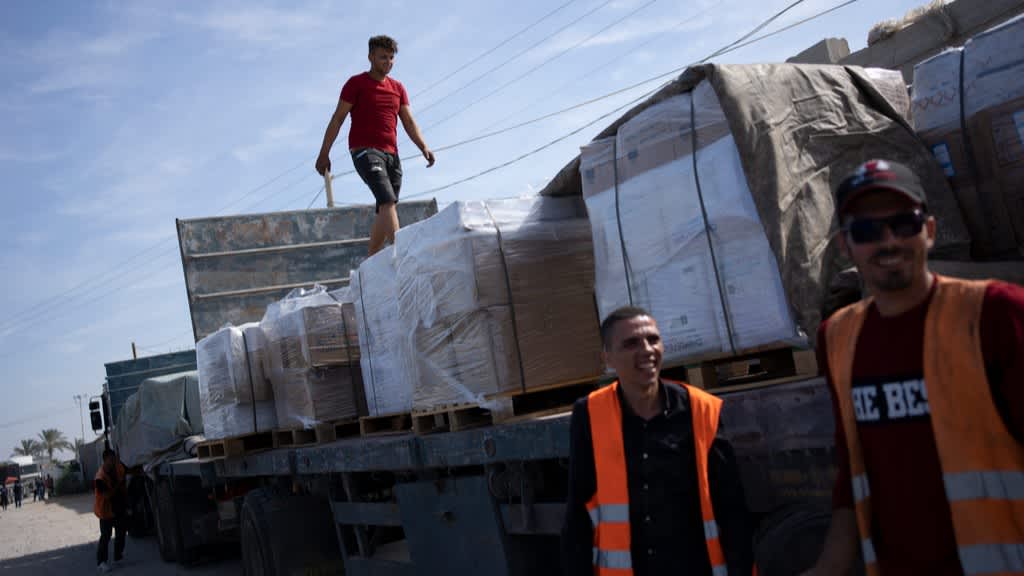
Has Gaza run out of supplies?
A third convoy of 20 aid lorries carrying water, food and medicine entered from Egypt on Monday, bringing the total to an estimated 54.
But concerns are mounting over depleting fuel supplies, as Hamas warned all hospitals are running out of fuel to power generators.
A British-Palestinian doctor working at Gaza’s largest hospital has warned it will become a “mass grave” if it runs out of fuel.
“The real question is, is there anything left of a hospital when there’s no electricity? And my answer is no,” Dr. Ghassan Abu-Sittah told CNN.
“Effectively, Shifa Hospital will become a mass grave if it runs out of electricity,” adding there are currently 150 patients on ventilators with doctors unable to run operating theatres and anesthetic machines due to the shortages.
The hospital currently has “around 1,700 wounded patients, three times its capacity,” he said.
With longer and more frequent power cuts, Abu-Sittah said Shifa Hospital “effectively… will cease to exist as a hospital.”
The UN humanitarian agency said the first convoy carried about 4% of an average day’s imports before the conflict and “a fraction of what is needed after 13 days of complete siege.”
However, the Israeli military said the humanitarian situation was “under control,” even as the UN called for 100 trucks a day to enter.
Follow STV News on WhatsApp
Scan the QR code on your mobile device for all the latest news from around the country


